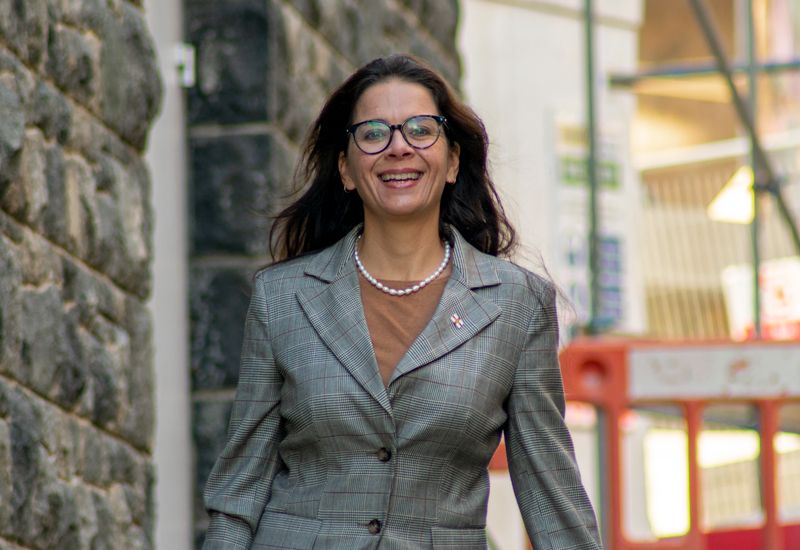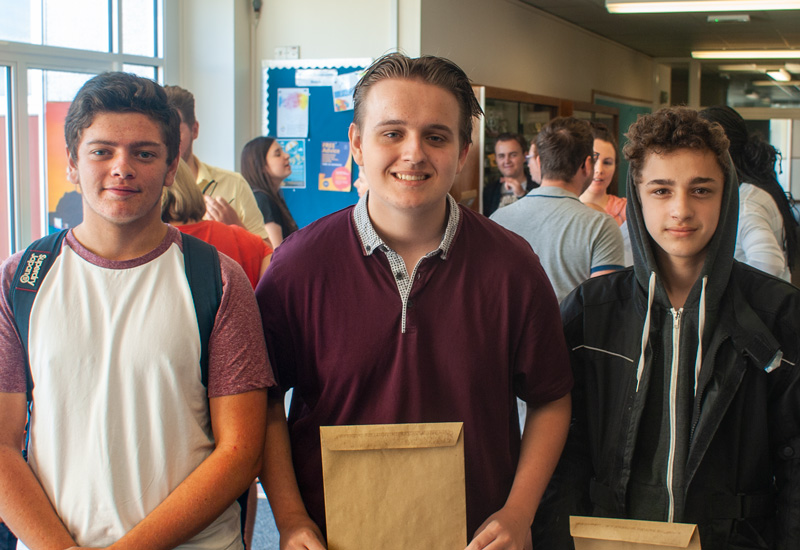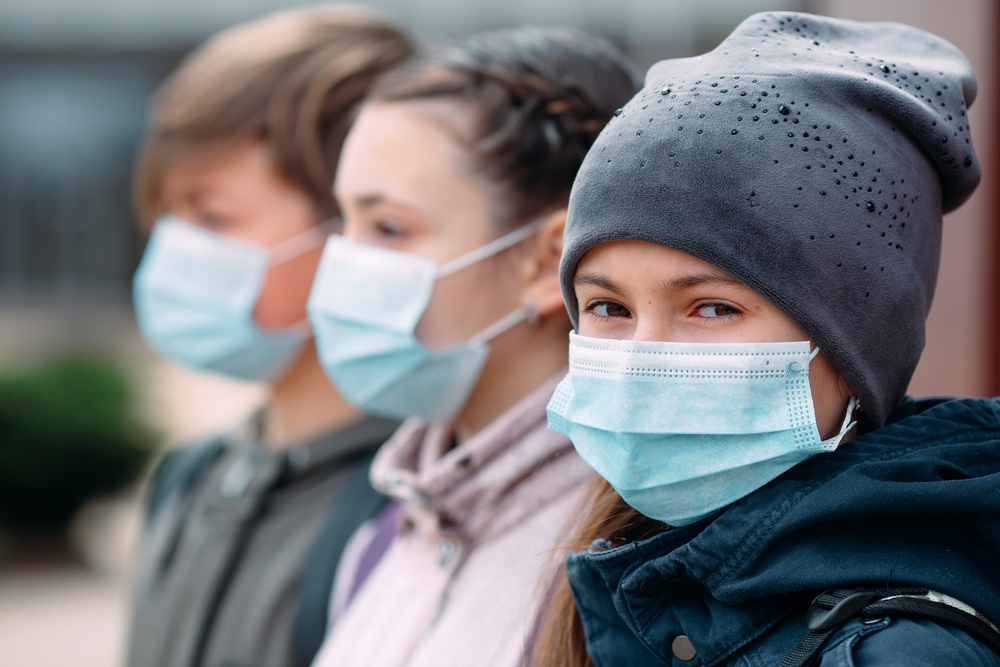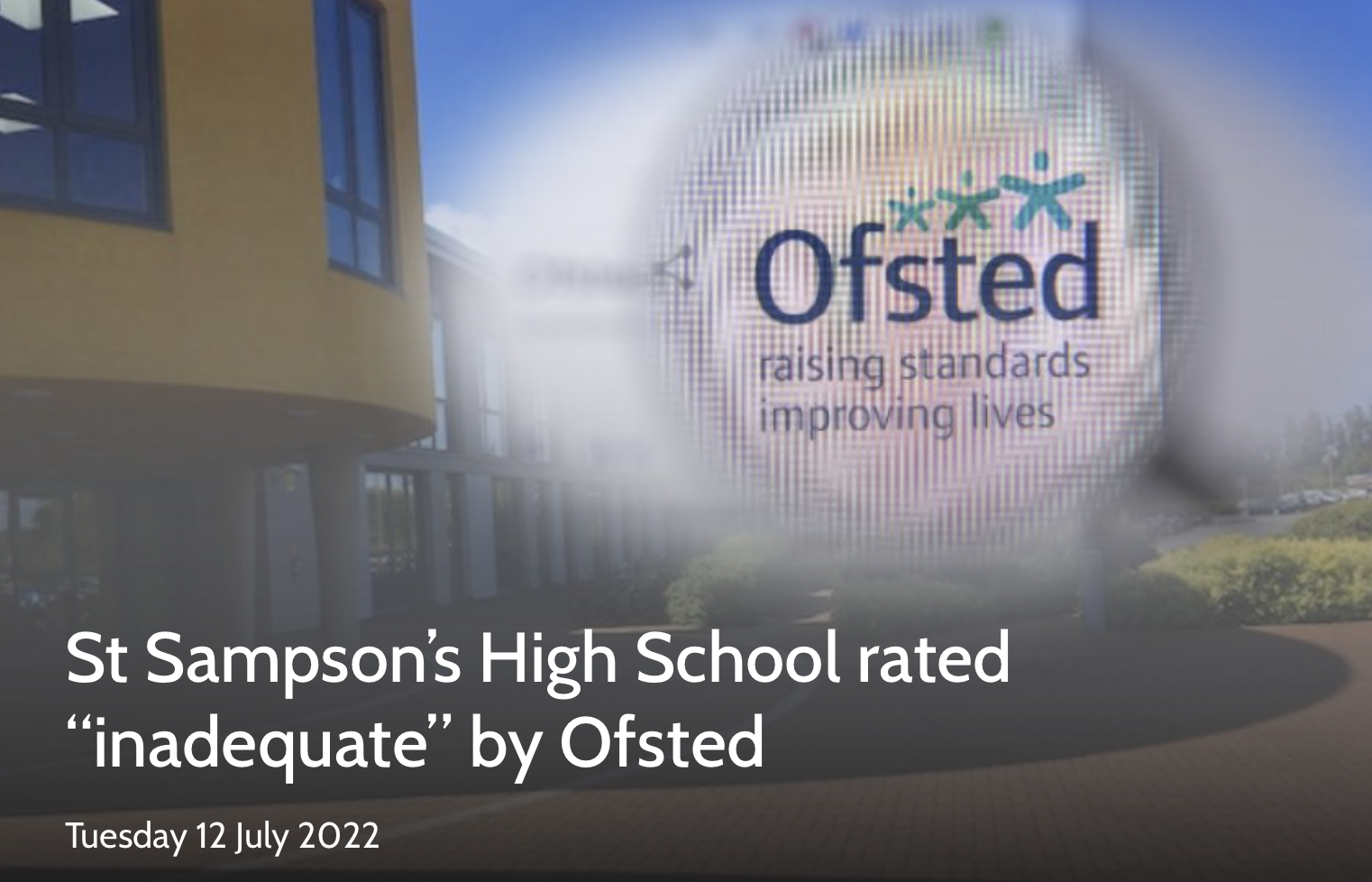


Development levels among the very youngest, and GCSE, A Level and IB grades among the oldest, have proven the resilience shown by Bailiwick children and teenagers during the pandemic, according to the Education, Sport and Culture President.
Updating the States on her committee's work today, Deputy Andrea Dudley-Owen outlined how "despite the pandemic's disruption to education, the percentage of children finishing Reception Year who obtained a good level of development are the highest for several years."
She said this "reflects the positive impact of preschool funding and the improved oversight and support offered to this sector as a direct result."
Those children were the first to start formal schooling or pre-schooling without lockdowns or other restrictions impacting on their attendance.

Pictured: (file image)
Deputy Dudley-Owen said those pupils who were attending primary school during the pandemic are also doing well considering the challenges they, their teachers, and parents faced. She acknowledged some pupils have fallen behind but work is ongoing to help them achieve improved outcomes with extra funding being directed into those areas.
"Children in year 2 and year 6 of primary school have had pivotal years of their education disrupted by COVID, and results in reading, writing and maths reflect this.
"Schools are working hard to raise attainment levels, particularly where individual children have gaps in their learning, and we have secured additional funding to help bridge these gaps and to provide more health and wellbeing support for students."
Where teenagers are concerned, Deputy Dudley-Owen praised the achievement of Year 11 and sixth form students who face an unusual challenge in their examinations earlier this year.

Pictured: Students receiving their GCSE results at La Mare de Carteret High School in 2019, prior to the covid-19 pandemic.
"This year's GSCE results held up favourably against 2019's," she said, "which is the last time there were formal public exams, and reflect the hard work of learners despite the disruption they have faced.
"Our sixth form students had a different challenge this year because, exceptionally, A level or IB exams were their first experience of sitting public exams. The proportion of young people achieving an A level pass grade exceeded that in England and the proportion achieving the top two grades increased from the last time exams took place."
Across sport and culture, Deputy Dudley-Owen was also happy to announce "post-pandemic recovery across all areas of sport & recreation", with a look ahead to the 2023 Island Games, along with citing visitor numbers at the island's heritage sites returning to "near 2019 figures". She also praised the island's response to the Queen's Platinum Jubilee in happier times earlier this year, and then the reaction to Her Majesty's death earlier this month.
Facing questions from her colleagues, Deputy Dudley-Owen suggested previous ways of monitoring attainment were not robust enough.
Deputy Lindsay de Sausmarez asked the ESC President how Guernsey's literacy and numeracy standards compare with other jurisdictions, and whether the Committee for Education, Sport, and Culture are content with those levels.

Pictured: ESC says exam results post-pandemic have shown good signs of recovery.
"What we strive for is continuous improvement because we know what has gone before has not been good enough," said Deputy Dudley-Owen, "and we need to continuously look at the ways we are delivering numeracy and literacy and also measuring the success and the outcomes there. We're not convinced as a committee that the way we've been measuring our numeracy and literacy levels has actually been as accurate as it can be.
"Are we measuring the right things to prove success, or are we creating sometimes a little bit of a perverse incentive to push children in one direction, while ignoring their greater possibilities for achievement? Those are all the types of things we're looking at as a committee," she said.
"The way in which Education has been achieved previously, with the budgets attributed, was something that was very much up for debate and we're very well served by excellent advisors, so the advice that we're taking from them is that measurements of outcomes in literacy and numeracy does need to change and certainly there needs to be continual improvement across all areas."
Questions over local governance of schools from Deputy Adrian Gabriel led Deputy Dudley-Owen to explain how her committee is working through different examples to find the best fit for Guernsey.
"It's really important that we don't just pick up a model from the UK and retrofit it to Guernsey because then we'll miss all those things (that suit us better) and that's why there is an interim model that we are executing at the moment. So we are learning as we go through," she said.
Bringing up the situation with St Sampson's High, which had a deeply negative Ofsted review earlier this year, Deputy Neil Inder asked what improvements are being made.

Pictured: St Sampson's Ofsted inspection led to headlines like the above earlier this year.
Deputy Dudley-Owen said the agreement that ESC has with Ofsted means they can request an interim inspection following a poor report, and that in the case of St Sampson's High they have asked for it to be reviewed again, within twelve months of the original inspection.
"I know before they return that significant improvements, tangible improvements, will have been made to the school," she said. "They're ongoing and they have been happening for quite some time.
"It is a difficult inspection report to swallow, it wasn't unexpected and the education of our children is absolutely key to the success of this island so we must do better, and we are doing better and we as a committee are wholeheartedly doing what we can across all of our schools, not just St Sampsons, as we do owe this to our children."
ESC says St Sampson's is already improving after "inadequate" ratings
LISTEN: Underlying and systemic issues "have put St Sampson's in a position of difficulty"
St Sampson's High School rated "inadequate" by Ofsted
Comments
Comments on this story express the views of the commentator only, not Bailiwick Publishing. We are unable to guarantee the accuracy of any of those comments.